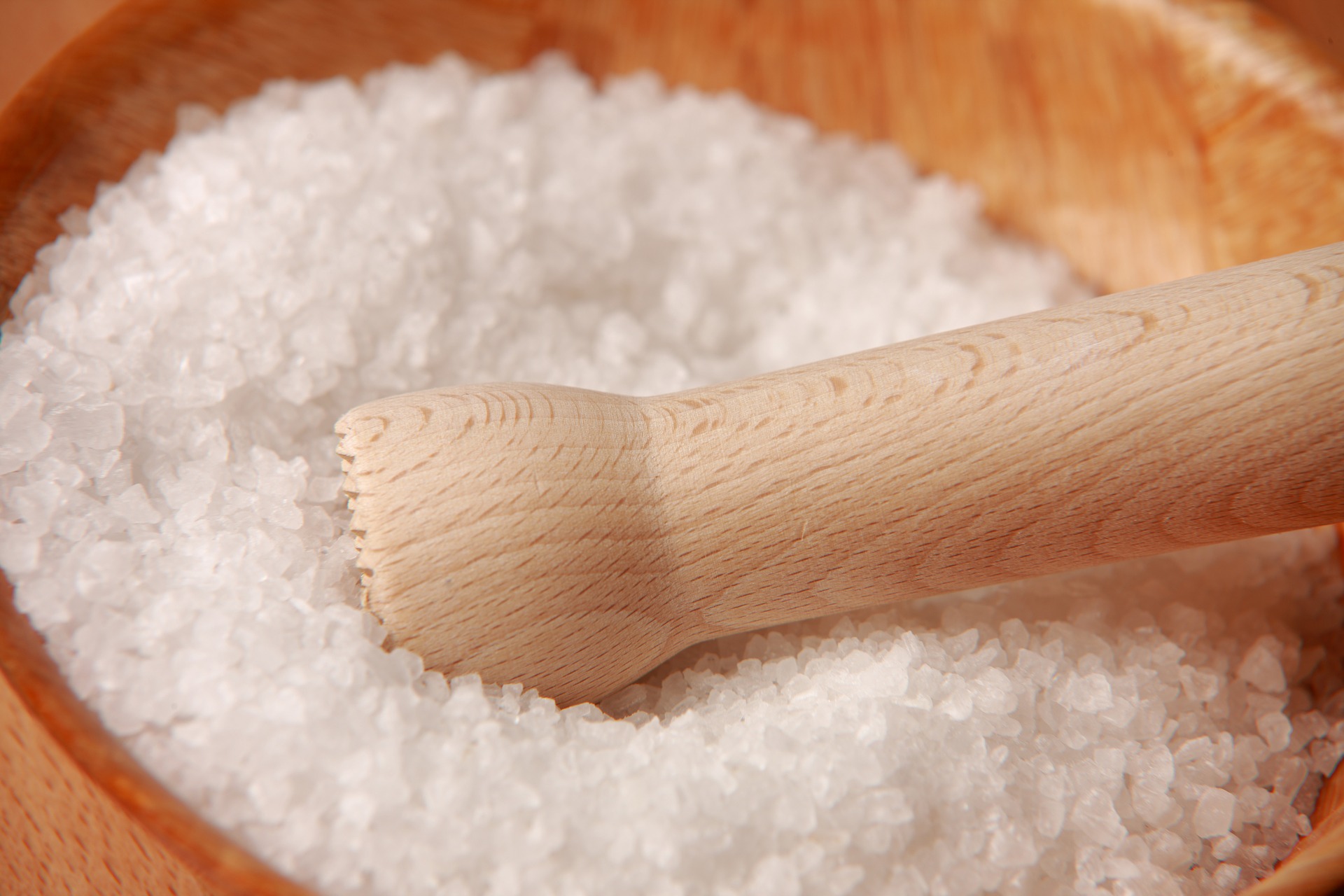There is a clear connection between the amount of salt you eat and the risk of stress. This, according to new research that directly links too much diatoary salt to sleep problems and stress as a consequence.

The consequence is a decreased amount and quality of sleep, which can be detrimental to health and reduce the quality of life. This is what new research show from Nagasaki University in Japan.
More salt, less sleep
The researchers examined 321 adults with a high dietary salt intake and their general sleep problems. They followed the study participants for twelve weeks, measuring the salt intake biochemically and found a striking relationship.
They found that the average person went to the toilet 2.3 times each night. But the 223 people who reduced their salt intake by 25 percent, also decreased the number of nightly visits to an average of 1.4. Those participants who instead increased the amount of salt in their diet by 15 percent, increased the number of nightly visits to an average of 2.7.
Less sleep, more stress
The Japanese researchers then measured how the group perceived their quality of life, those who had reduced their salt intake and nightly restroom visits indicated that they experienced an increase in quality of life.
Sleep insomnia, disrupted sleep and general sleep problems are the direct causes of stress and stress-related diseases, the group with an elevated salt intake also showed clear signs of increased irritability and symptoms of stress.
“This is the first study to measure how salt intake affects the frequency of going to the bathroom, so we need to confirm the work with larger studies. Night- time urination is a real problem for many people, especially as they get older. This work holds out the possibility that a simple dietary modification might significantly improve the quality of life for many people”.
– Research director Dr. Matsuo Tomohiro, Nagasaki University.
Reference:
Matsuo T, Miyata Y, Sakai H. Daily salt intake is an independent risk factor for pollakiuria and nocturia. Int J Urol. 2017 Mar 14. doi: 10.1111/iju.13321.











![OpenAI. (2025). ChatGPT [Large language model]. https://chatgpt.com](https://www.illustratedcuriosity.com/files/media/55136/b1b0b614-5b72-486c-901d-ff244549d67a-350x260.webp)
![OpenAI. (2025). ChatGPT [Large language model]. https://chatgpt.com](https://www.illustratedcuriosity.com/files/media/55124/79bc18fa-f616-4951-856f-cc724ad5d497-350x260.webp)
![OpenAI. (2025). ChatGPT [Large language model]. https://chatgpt.com](https://www.illustratedcuriosity.com/files/media/55099/2638a982-b4de-4913-8a1c-1479df352bf3-350x260.webp)








